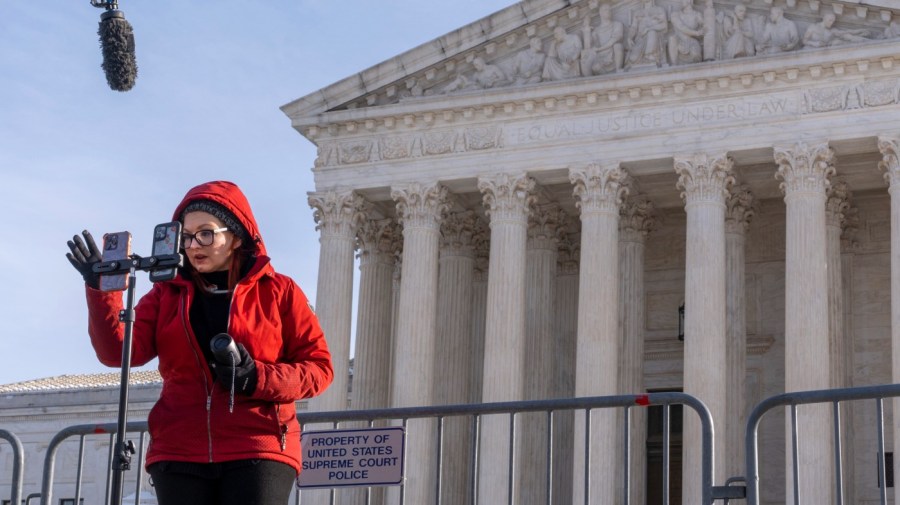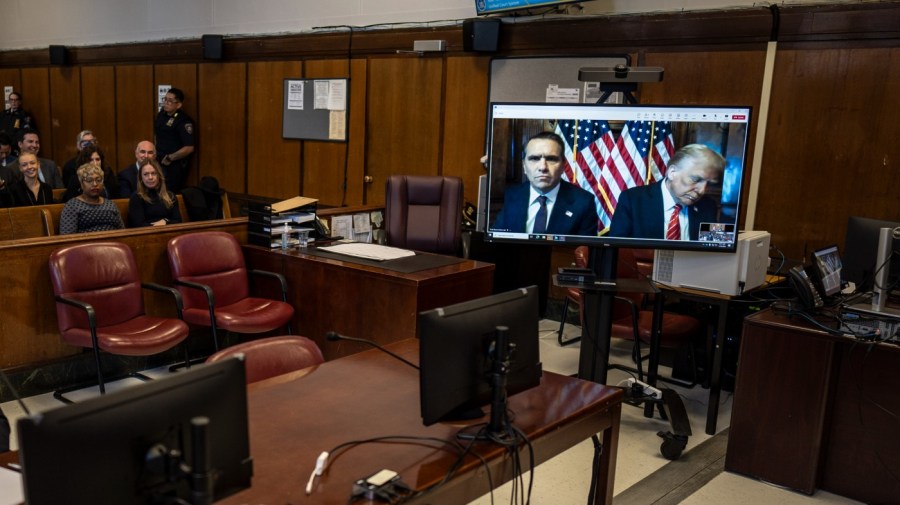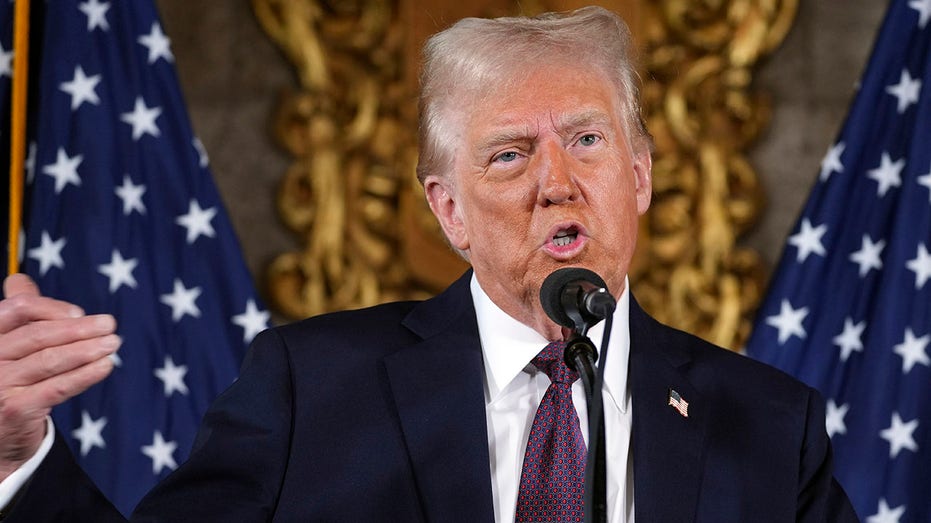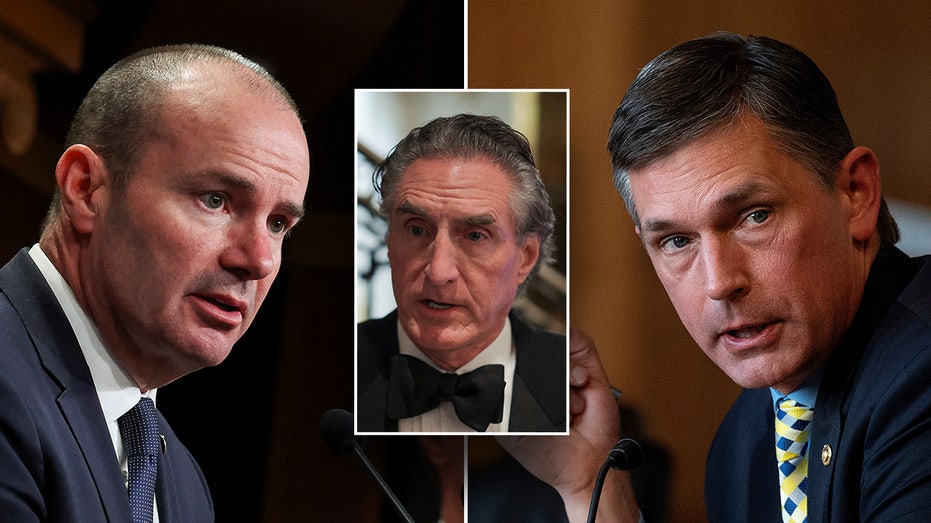President-elect Trump was spared any punishment for his hush money criminal conviction Friday when a New York judge sentenced him to an unconditional discharge, eschewing jail time while securing his status as the first person convicted of a felony to assume the presidency.
Judge Juan Merchan’s decision to release Trump with no strings attached caps the first and only criminal trial of a former president, less than two weeks before he’s set to return to the White House.
New York jurors in May found him guilty of 34 felonies over a scheme intended to unlawfully sway the 2016 election by concealing a payment to a porn actor to keep quiet about their alleged affair, which Trump has denied.
“After careful analysis and obedience of government mandates, pursuant of law, the court feels the only sentence is an unconditional discharge, which is a lawful and permissible sentence for falsifying business records,” Merchan said, according to The Hill’s affiliate NewsNation which was in the courtroom.
“I impose that sentence for all 34 counts, and sir, I wish you godspeed as you pursue your second term in office,” the judge said.
With the judge’s permission, Trump appeared virtually for the roughly 40-minute-long sentencing on Friday.
In his typical stump speech style, Trump told the judge he is “totally innocent” and had a “very terrible experience” in Manhattan’s criminal court system.
“It’s an injustice of justice,” Trump said.
With the judge’s permission, Trump appeared virtually for Friday’s sentencing, which lasted roughly 40 minutes.
Trump relentlessly sought to stave off his sentencing until after he takes office. It was originally set for last July, but Trump convinced Merchan to delay it until after the election as the judge weighed whether the conviction could withstand the Supreme Court’s ruling carving out broad criminal immunity for former presidents’ official acts.
Upon becoming president-elect, Trump’s efforts to dismantle the case intensified, with new arguments that he should be immediately afforded the protections of a sitting president.
Even after Merchan signaled no punishment was the “most viable solution” given Trump’s immunity from criminal prosecution during his upcoming White House term, he appealed his effort to stop the case in its tracks all the way to the Supreme Court, which didn’t intervene.
Still, Merchan said Friday that the protections offered to presidents were “not a mitigating factor” in Trump’s case.
“Despite the extraordinary breadth of those protections, they do not provide the power to erase a verdict,” Merchan said. “Donald Trump, the ordinary citizen, the criminal defendant, will not be offered such protections.”
Trump long employed a strategy of delay to defend against all four of his criminal prosecutions. He successfully bucked trials in the other three but failed to avoid facing a jury in the hush money case, which emerged as his first set of criminal charges in April 2023.
Last spring, witnesses from Trump’s business and political spheres took the stand, often begrudgingly, during the seven-week trial. The jury of 12 New Yorkers found the former president guilty on all counts of falsifying business records, finding that Manhattan District Attorney Alvin Bragg (D) had proven his unprecedented case beyond a reasonable doubt.
Trump’s sentencing now opens his ability to appeal his charges in normal course, which he has long vowed to do.
The president-elect had asked appeals courts to intervene many times ahead of, during and after his trial, but those efforts largely fell flat. Now, Trump is expected to appeal Bragg’s entire theory of the case in addition to his presidential immunity appeals that remain pending.
But even a successful appeal would take months, if not years, to progress through the courts. And with Trump set to take office in less than two weeks, legal experts broadly agree criminal prosecutions cannot proceed against a sitting president.
Much of Trump’s criminal defense team is now moving into his administration.
Two of Trump’s hush money trial attorneys, Todd Blanche and Emil Bove, were tapped for the second- and third-ranking Justice Department roles, respectively. Another lawyer who has handled several of Trump’s appeals, D. John Sauer, is slated to become solicitor general, the agency’s fourth-highest role.
Updated 10:41 a.m.






Leave a Reply